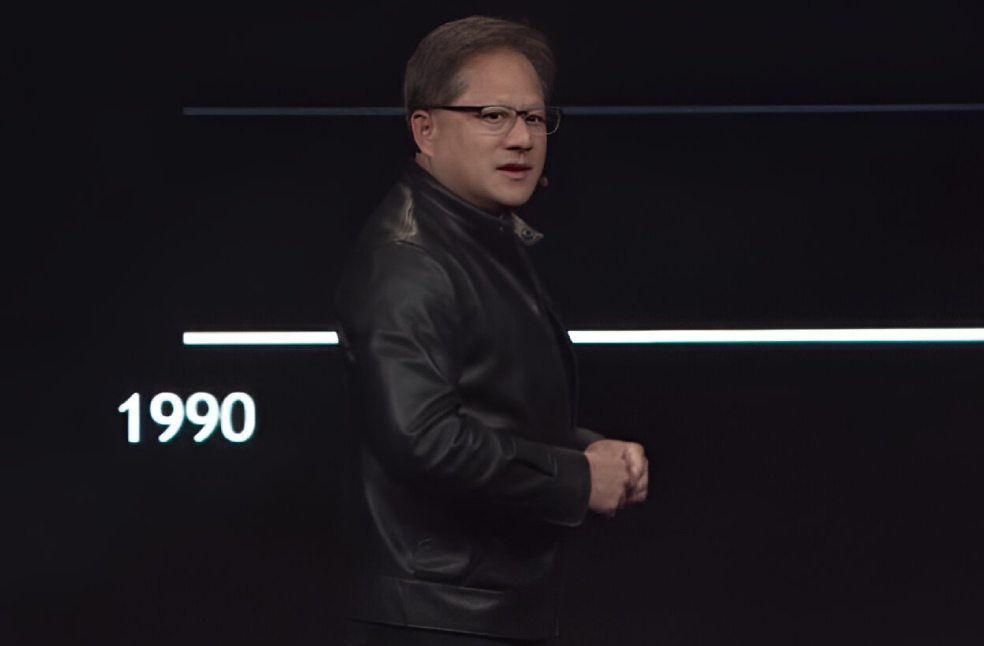United States: Nvidia has reported a significant boost in its first-quarter earnings, with revenue surging more than 69 percent year-over-year, driven by robust global demand for its artificial intelligence (AI) chips.
The company’s chief executive, Jensen Huang, said the need for Nvidia’s AI infrastructure was ‘incredibly strong’ and anticipated further acceleration. The US tech giant’s advanced chips have become vital components in AI computing systems worldwide, cementing Nvidia’s role at the heart of the global AI boom.
The strong quarterly results cap off a notable earnings season for the tech sector, which has seen a resurgence in share prices following a sharp decline in April with political uncertainty. Nvidia’s stock, along with other major tech shares, had tumbled last month due to concerns over President Trump’s shifting tariff policies. In particular, US regulations on the export of Nvidia’s China-specific ‘H20’ chips led to a fall in demand and a $4.5 billion charge. However, the company had previously forecast a larger hit of $5.5 billion.

The company continues to encounter headwinds from evolving US trade policy, including new export controls and tariffs that have complicated Nvidia’s global supply chain. In response, the firm announced plans to ramp up manufacturing within the United States to mitigate future disruptions.
CEO Jensen Huang took a pointed stance against the US restrictions on advanced chip exports to China, calling the policies a failure that ultimately harm American innovation. These rules, driven by national security concerns over potential military applications, have intensified geopolitical tensions around chip technology.
Emarketer analyst Jacob Bourne stated that, “The China export restrictions underscore the immediate pressure from geopolitical headwinds. Sustaining its dominant position will direct Nvidia to navigate an increasingly complex landscape of geopolitical, competitive, and economic challenges.”
Despite the global challenges, Nvidia has found fresh opportunities abroad. The company recently expanded into the Gulf region, securing major sales deals during a trip to the Middle East with President Trump. It now plans to sell hundreds of thousands of AI chips in Saudi Arabia as part of a broader push into new government-led markets.
Huang remarked that, “Countries around the world are recognising AI as essential infrastructure, just like electricity and the internet, and Nvidia stands at the centre of this profound transformation.” Nvidia’s data centre business, a core pillar of its AI strategy, posted a 73 percent increase in sales compared to the same period last year, further underscoring the company’s strength in the fast-evolving AI landscape.



